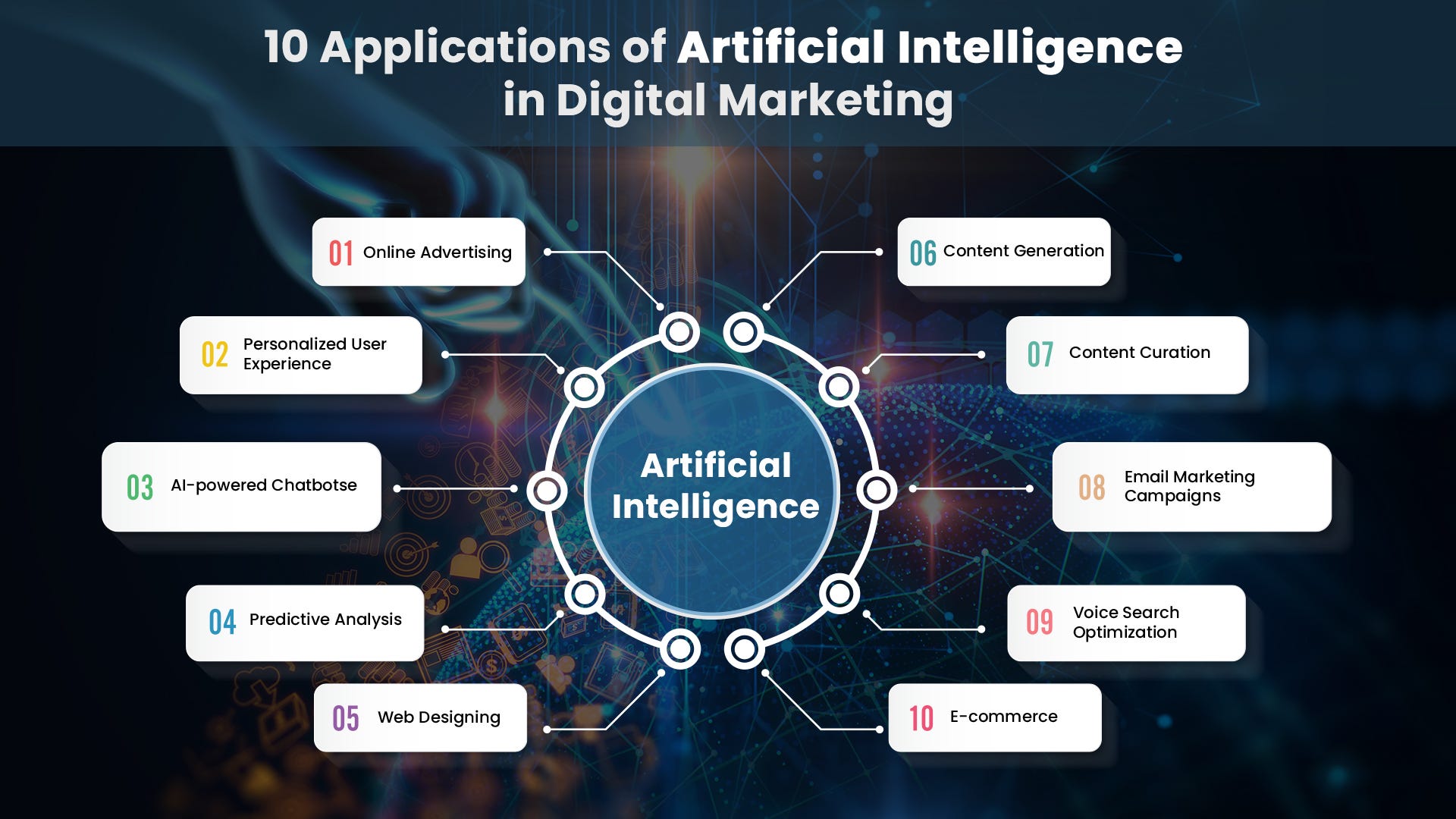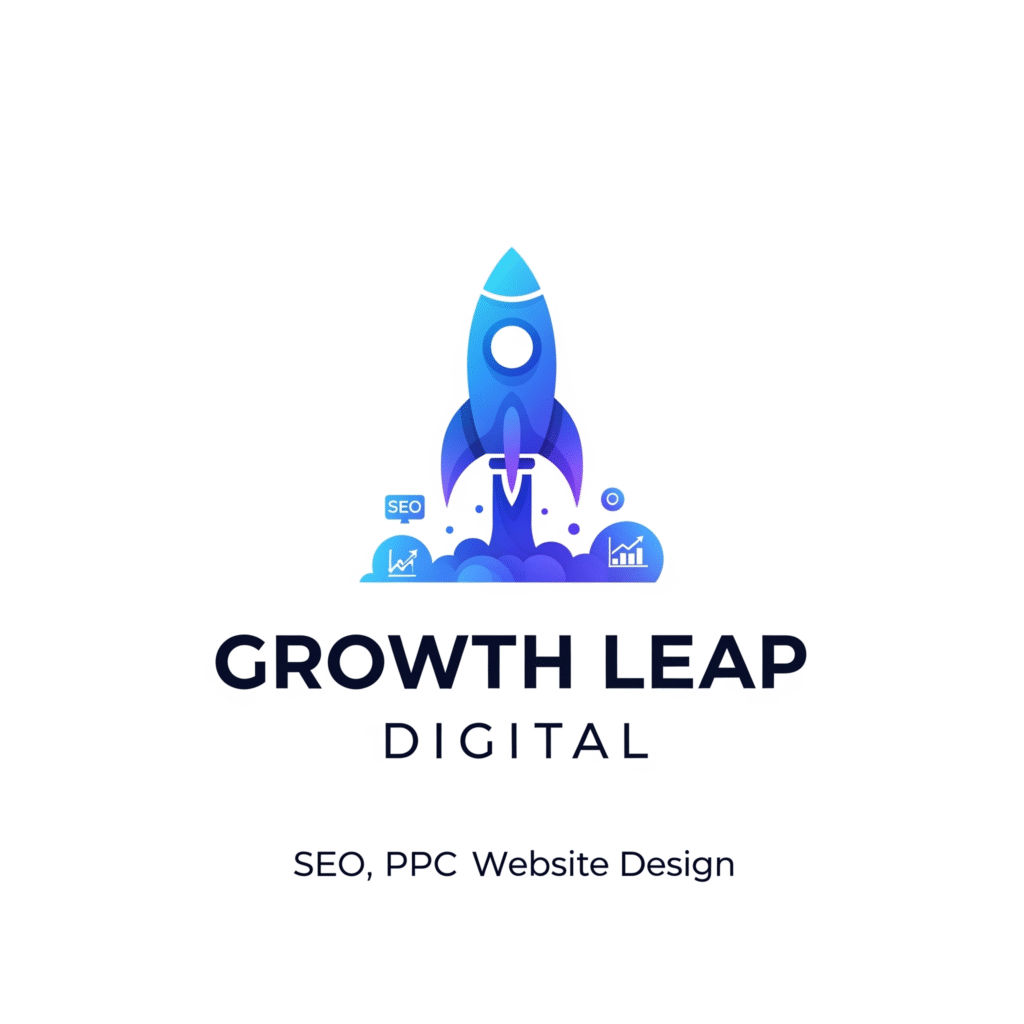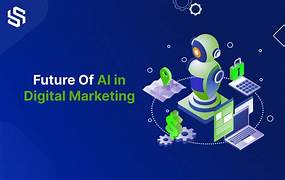The Core Pillars of AI Transformation in Digital Marketing

AI’s influence stretches across every facet of digital marketing. Here are the key areas where it’s making the most significant impact:
Hyper-Personalization: Crafting Experiences for One
Gone are the days of one-size-fits-all marketing. AI’s ability to analyze vast amounts of data—from Browse history and purchase patterns to social media interactions—enables unprecedented levels of personalization with AI. This means:
- Tailored Content Recommendations: AI algorithms suggest products, services, or content pieces precisely aligned with individual user preferences, increasing engagement and conversion rates. Think Netflix or Amazon’s recommendation engines, but for your marketing efforts.
- Dynamic Website Experiences: Websites can adapt in real-time to a visitor’s behavior, showcasing relevant offers and information based on their current interests and past interactions.
- Personalized Email Marketing: AI crafts highly relevant email campaigns, segmenting audiences with incredible precision and even optimizing send times for maximum impact. This is a key aspect of digital marketing automation
AI-Powered Marketing Tools: Efficiency and Automation Unleashed
The rise of AI-powered marketing tools is empowering marketers to achieve more with less. These tools are automating mundane and repetitive tasks, freeing up human marketers for more strategic initiatives:
- Ad Targeting and Optimization: AI for ad targeting uses machine learning to identify the most receptive audiences, optimize bidding strategies, and dynamically adjust ad creative for optimal performance across platforms like Google Ads and social media. This leads to higher ROI and less wasted ad spend.
- Content Creation and Curation: While human creativity remains paramount, AI for content creation is rapidly evolving. AI can assist with generating blog post outlines, drafting social media captions, writing product descriptions, and even personalizing video content. It also excels at curating relevant third-party content.
- Predictive Analytics in Marketing: Anticipating Customer Needs: AI-driven predictive analytics in marketing allows businesses to forecast future customer behavior, identify potential churn risks, and predict market trends. This proactive approach enables marketers to:
- Anticipate purchase intent.
- Optimize inventory and pricing strategies.
- Identify emerging opportunities before competitors.
Conversational AI: Redefining Customer Interactions
Chatbots and virtual assistants powered by conversational AI are revolutionizing customer service and lead generation. They provide instant, 24/7 support, answer common queries, and guide users through the sales funnel, enhancing the overall customer experience (CX) with AI. This not only improves customer satisfaction but also boosts marketing efficiency with AI by reducing the workload on human teams.
Emerging Trends in the Future of AI in Digital Marketing
The future of AI in digital marketing is continuously unfolding. Here are some key marketing trends 2025 and beyond that you should keep an eye on:
- Voice Search Optimization: As voice assistants become ubiquitous, optimizing content for voice search queries will be crucial. AI helps interpret natural language, making content more discoverable through voice commands.
- Visual Search: AI-powered visual search allows users to find products by uploading images, fundamentally changing how consumers discover and shop for items.
- AI in Influencer Marketing: AI can identify the most authentic and effective influencers, analyze audience sentiment, and predict campaign performance, leading to more impactful collaborations.
- Ethical AI and Privacy: As AI becomes more integrated, ethical considerations around data privacy and algorithmic bias will be paramount. Marketers will need to ensure transparency and responsible use of AI.

Navigating the AI Landscape: Tips for Marketers
o thrive in the evolving future of marketing with AI, marketers need to:
- Embrace Continuous Learning: Stay updated on the latest AI tools and trends. The technology is advancing rapidly, and ongoing education is key.
- Focus on Data Quality: AI models are only as good as the data they’re fed. Prioritize collecting clean, accurate, and relevant data.
- Cultivate Human-AI Collaboration: View AI not as a replacement, but as a powerful assistant. Leverage AI for data analysis and automation, while focusing human creativity on strategy, empathy, and building genuine connections.
- Experiment and Iterate: Don’t be afraid to experiment with different AI tools and strategies. Test, analyze results, and refine your approach based on what works best for your audience and goals.
Conclusion: AI as the Engine of Tomorrow’s Marketing
The future of AI in digital marketing is not just an exciting prospect; it’s a rapidly accelerating reality that is reshaping how businesses interact with their customers. From delivering hyper-personalized experiences and automating complex campaigns to providing invaluable predictive insights, AI is becoming the indispensable engine of modern marketing.
By understanding its capabilities, embracing emerging trends, and fostering a collaborative approach between human ingenuity and artificial intelligence, marketers can unlock unprecedented growth and navigate the dynamic digital landscape with confidence. The time to integrate AI into your marketing strategy is now, positioning your brand at the forefront of this transformative revolution.
for more information check this linkhttps://www.contentgrip.com/future-ai-marketing/


